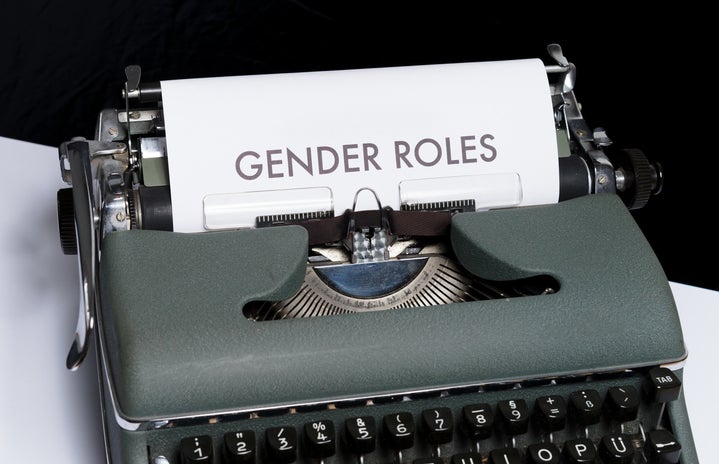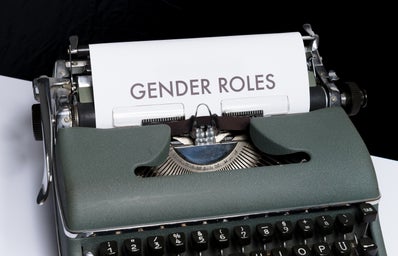We are all guilty of holding gender stereotypes, which is why reading a sentence that defies these stereotypes, such as “the nurse prepared himself for the operation” creates surprise that can actually be seen on a brain scan. After reading the word “nurse”, people typically expect a female pronoun to follow. When a male pronoun follows instead, this discrepancy leads to a delay in processing. So, while this finding shows that gender biases can be seen in the processing of language, a recent study from MIT showed how the language that we use can subconsciously reflect deeply ingrained gender biases.
Collecting data surrounding two prominent elections—the 2016 United States presidential election and the 2017 United Kingdom Presidential election—the researchers explored pronoun use relative to participants’ expectations of whether a male or female candidate would win the election. The researchers used a text completion task, which allows participants to complete sentences such as, “The next US president will be sworn into office in January 2017. After moving into the Oval Office, one of the first things that…”. Participants had the option to complete the sentence with “he”, “she” or “they”. Participants also completed a reading comprehension task. What the researchers found was that, even when the female candidate was expected to win the election, female pronouns were used less often in the text completion task and, in the reading comprehension task, sentences using female pronouns were not comprehended as well as sentences using other pronouns. This finding suggests that gender biases leak into our speech and our language processing even when they defy our own logic and beliefs about how an event will play out.

Interestingly, when the female candidate was favoured to win, the tendency to use “they” pronouns increased over “she” pronouns, whereas when the male candidate was favoured, the tendency to use “he” pronouns increased. Evidently, the bias is truly against “she” pronouns, with people seeming reluctant to think of a female candidate being elected to such a position. Gender biases are evident even in the ways we speak of female politicians, referring to them by their first names, like Hilary and Kamala, while referring to male politicians by their last names.
It is reasonable to assume that language could be reinforcing gender stereotypes, with our own biases feeding into language and comprehension, which then may feedback into our biases. Although it is quite difficult to unlearn gender biases that are so well-established in our society and therefore in our subconscious, perhaps an increased awareness of how our own language reinforces these biases can be part of a larger effort to challenge our own internalized biases. Even without having harmful intentions, implicit processes can slip into daily conversations in harmful ways.
If you’re interested in learning more, please find the paper by Malsburg, Poppels, and Levy published here: https://journals.sagepub.com/doi/10.1177/0956797619890619




